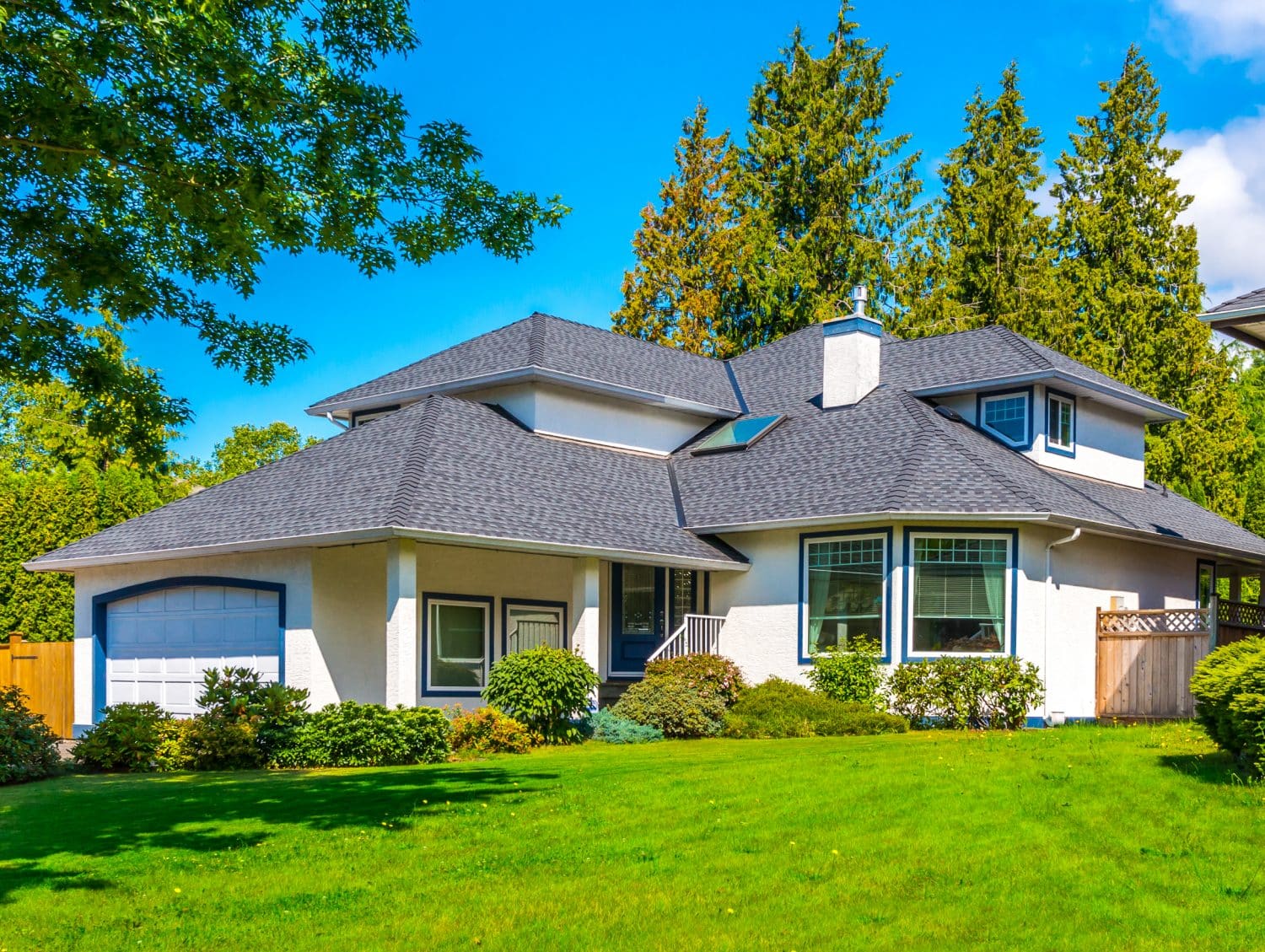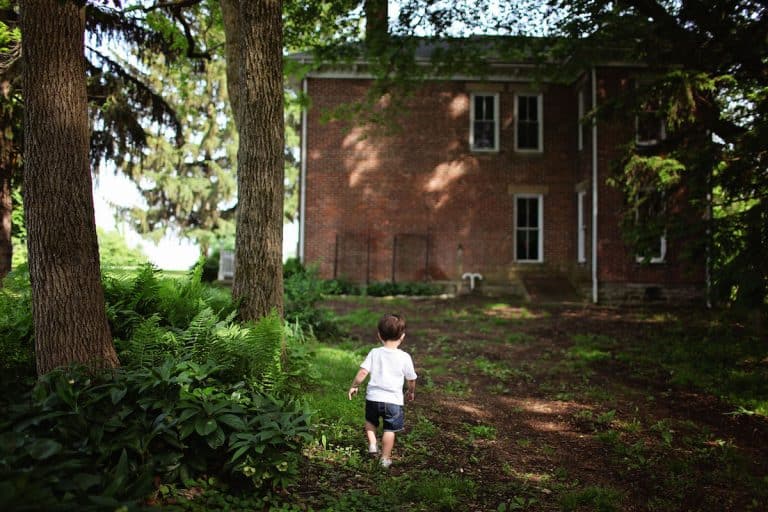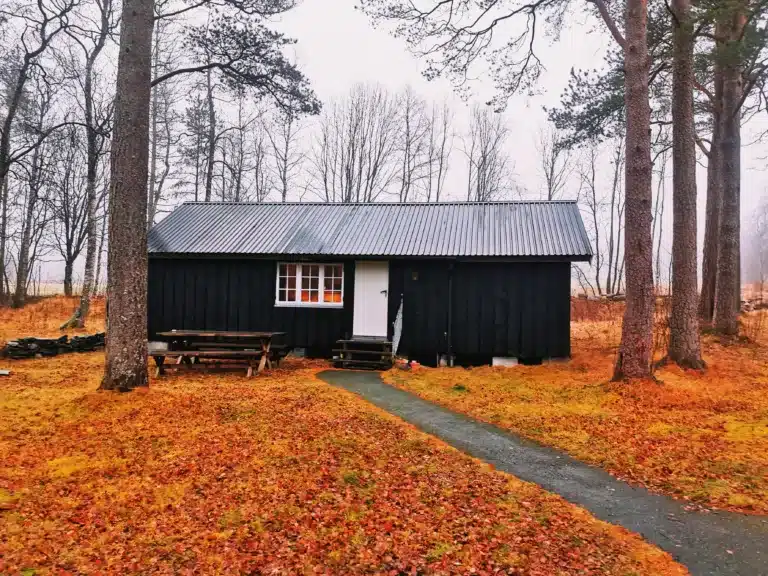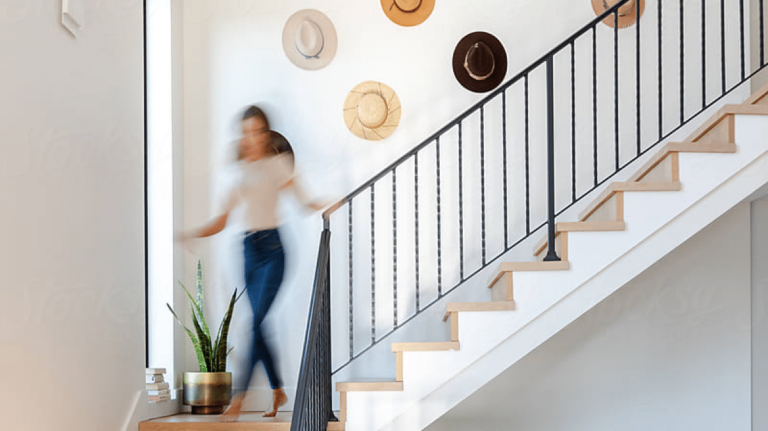Whether you’re buying a new home or selling your current one, it’s important to understand the factors that influence home valuation. Understanding what matters to homebuyers can help sellers get the most for their homes. And knowing how to assess a home’s worth can help deal hunters spot under-valued properties. So, what influences the price of a home?
Location
You’ve heard it before, but it’s definitely true: location is probably the most important factor to consider for a home’s value.
But it’s important to understand is that location doesn’t just refer to the city a home is in, or even the neighborhood. (Although those things are obviously important.)
A home’s particular location in the neighborhood matters. Is the home near a noisy highway, or tucked away in a cul-de-sac? Is it accessible by public transportation? Can the kids walk to school? Zip code and sometimes even house number can affect home valuations considerably.
Schools
For about 29% of homebuyers, the quality of a home’s school district is a deciding factor in their decision to buy. Parents often put a real premium on living near great schools. And that can mean paying more for a home in a great school district than they would be willing to pay for a home in an average or under-performing district. But even people without children should take note: proximity to good schools protects home prices in up-and-down economies. A survey by realtor.com showed that 91% of homebuyers care about the schools near a home, regardless of whether or not they had children to send to those school. And that means that having good schools nearby can keep the resale value of a home stable and reliably high.
Layout and Square-Footage
The raw square-footage of a home matters, but so does layout. Homes that feel comfortable and spacious with more livable space will be valued more highly than homes with less livable space, even if the actual square footage is similar. And having more rooms does not always mean higher valuations. One large, spacious room can do more for a home’s value than three tiny rooms with no light.
And don’t forget about storage. People need to be able to see themselves—and their stuff—fitting comfortably in the home. That means tiny or absent closets and lack of storage space can drop a home’s value significantly.
Renovations
Recent renovations can certainly boost the value of a home, just as outdated past remodels can hurt. Smart renovations can make a home more appealing.
But if you’re just looking to boost the value of your home, a full renovation usually isn’t worth the money you’ll spend to do it.
Negative History and Potential Risk
Generally, people would rather not live where bad things have happened. Or for that matter, where bad things are likely to happen in the future. Homes at risk for natural disasters like floods, fires, tornados and hurricanes? These are going to be valued lower than homes in areas without those concerns.
Same goes for crime. A home in a crime-prone area or one with an actual history of criminal activity is going to be valued less than one with a squeaky clean past. Bad things can happen anywhere, of course. While some states require the seller to disclose past history for a home, not all do. So buyers should do their own research on a home’s history and consider potential risk factors carefully.







